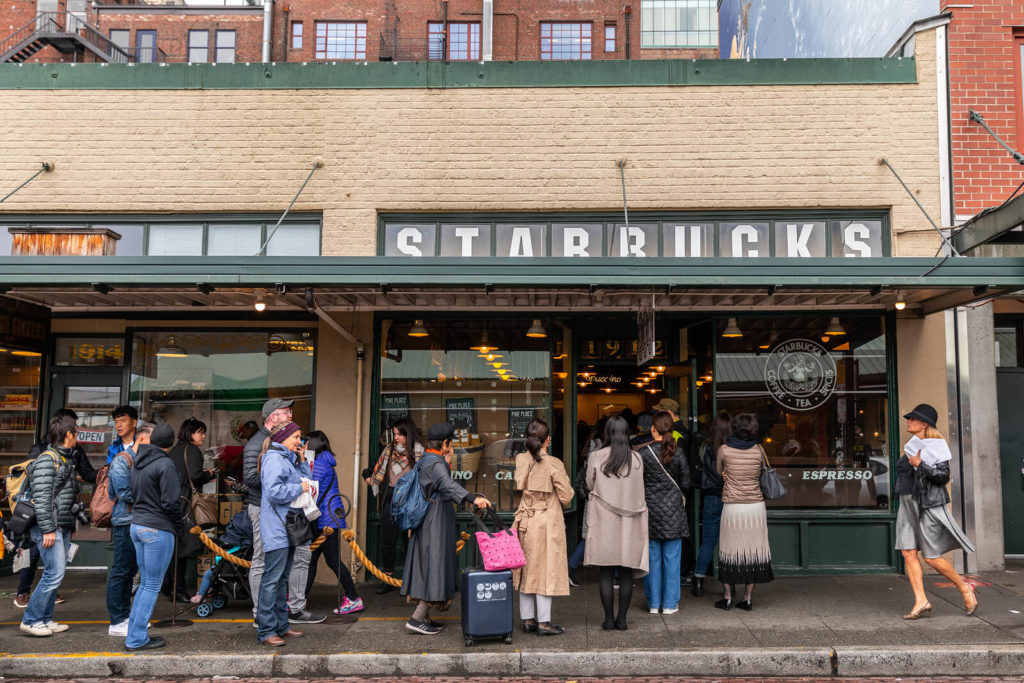Picture how many jewelry stores are in a five mile radius of wherever you are at this very moment. There’s at least a handful in every mall. There are a couple in the strip plazas along the way to the mall. Dozens and dozens of jewelry stores, both boutique and chain stores, as far as the eye can see in any given direction. With so many options, how do you choose which one deserves your business?
Before we get to what sets them apart, let’s examine what they all have in common. They all claim to be the best in the business. Each store touts their gem quality as superior to their competitors. The fact is, when you peel back the skin of illusion, the gems themselves sitting beneath the glass are actually rated by an outside organization. The diamond earrings at Tiffany’s rated a “D” on color and “I1” on clarity technically have the same value as the diamond earrings with a similar clarity and color rating found beneath the case at a local boutique jewelers. The same goes for sapphires, emeralds, rubies, and other precious gemstones. So what makes people pay more for the same thing?
Perceived value—that intangible quality that drives someone to choose one particular product, store, or service over another. Think about why people line up at Starbucks and pay upwards of $5 for a cup of coffee? Because the person who makes it is called a barista. And it’s not called a large coffee, it’s a Venti coffee.What Starbucks has done, and done brilliantly, is create a perceived value. But they’re still selling coffee. No matter how many flavors and dashes of this and that you add, your low-fat Venti no whip iced caramel hazelnut triple shot macchiato is still coffee. And you’ll happily stand in line with a bunch of other people willing to pay twice as much for it.
Harley-Davidson is another great example of a company that has created perceived value. People are so loyal and excited to do business with that brand that there are people who can’t afford to buy a Harley-Davidson motorcycle, yet who will still buy the clothing and wear it. They’ll tattoo their bodies with the Harley-Davidson logo. They live the lifestyle but can’t even afford to buy the main product.
Short of getting an EventPrep tattoo, Steve and I wanted to inspire that kind of brand loyalty and level of engagement with our business. And to stand out in a field of small and large event planning companies, we really had to think about what would make EventPrep different.
The key to creating perceived value is all about selling a vision, an opportunity. We realized we needed to sell potential franchisees an intangible…essentially a dream. Their dream—of success, of financial freedom, and of real ownership stake. By sharing franchisee success stories, as well as our own, we are able to give potential franchisees an opportunity to feel and experience that intangible of their own dreams coming true.
So think about what sets your business apart, and how you can create perceived value. Like Tiffany’s, Starbucks, and Harley-Davidson, just as much focus needs to be put into selling the intangibles as the tangibles.
